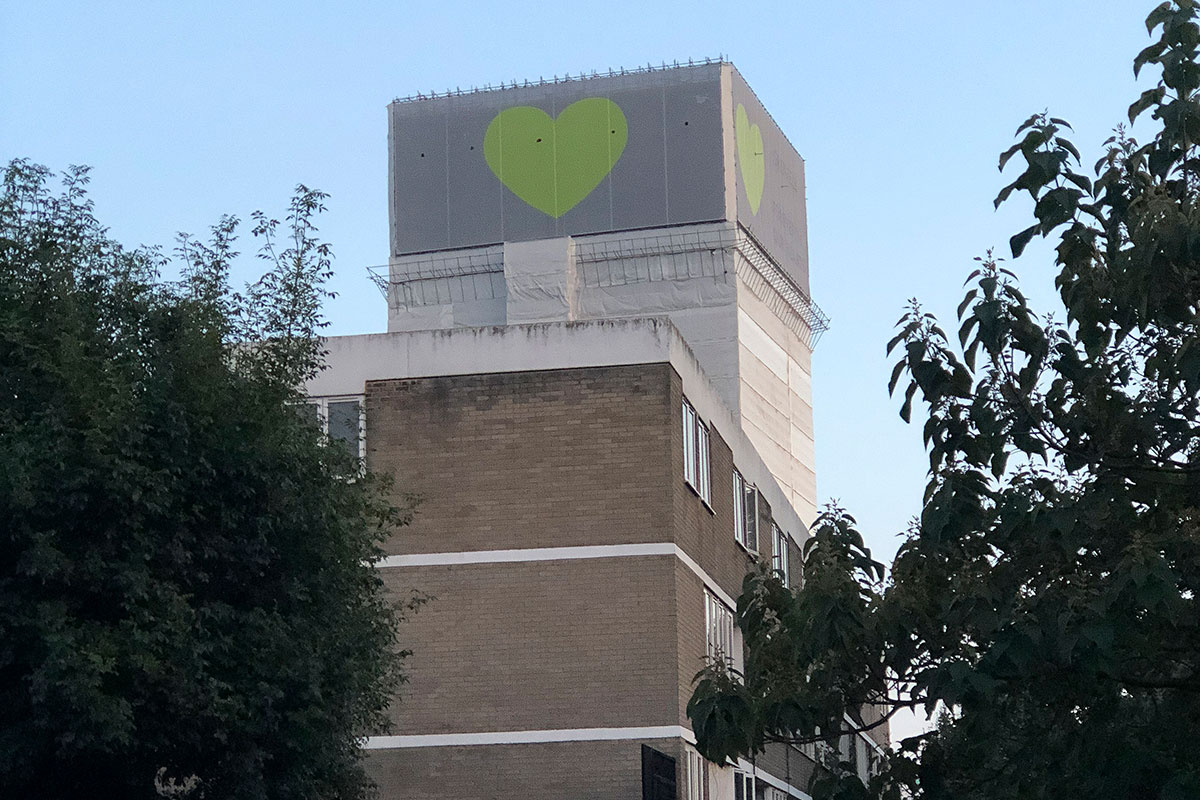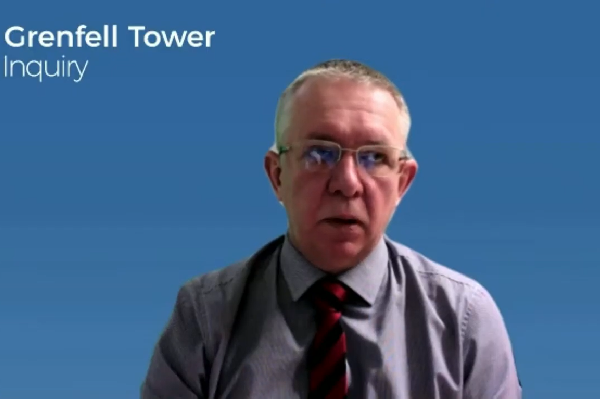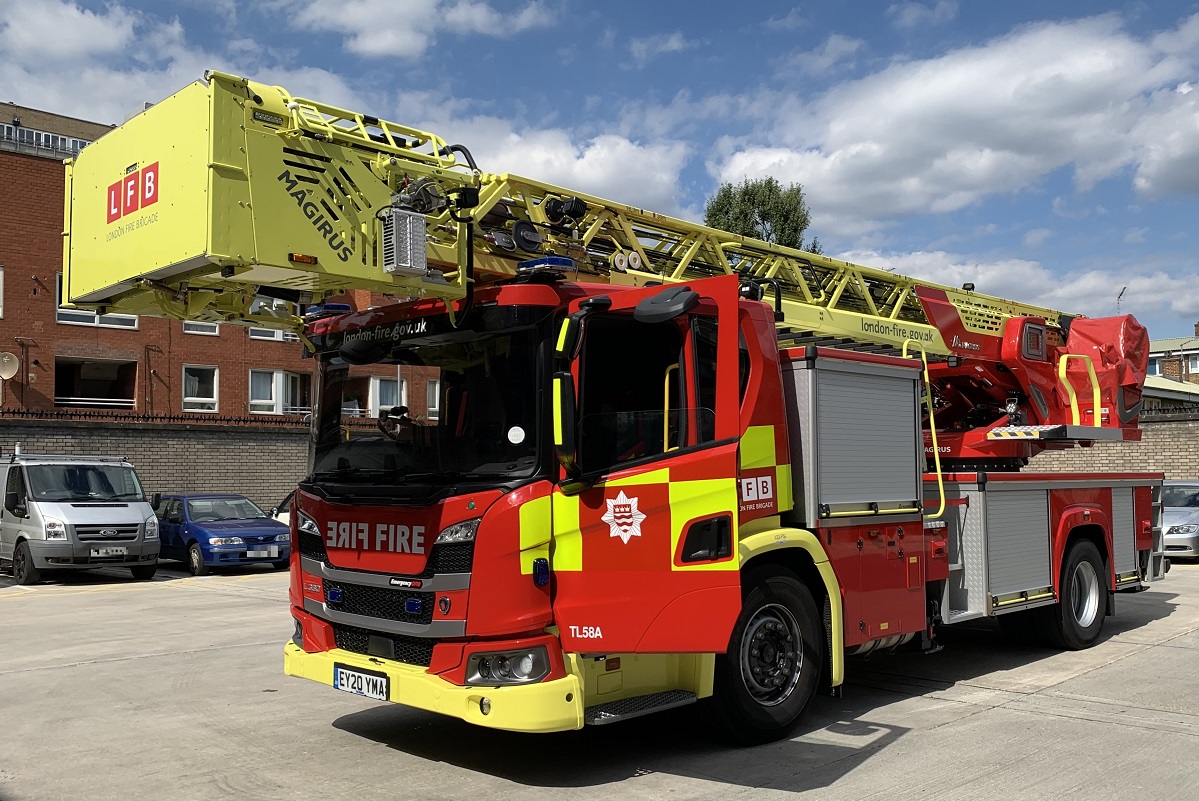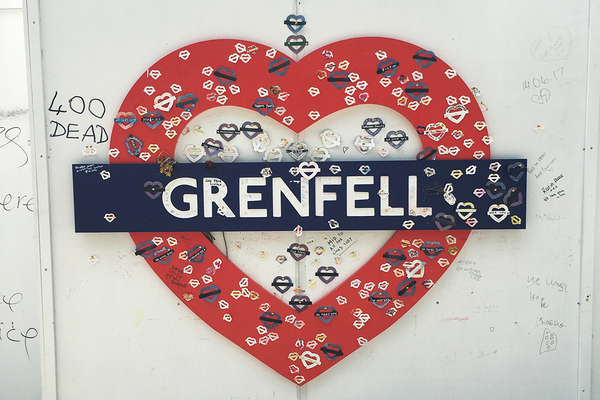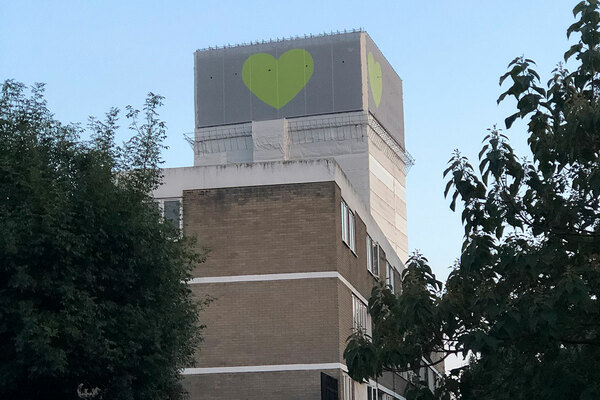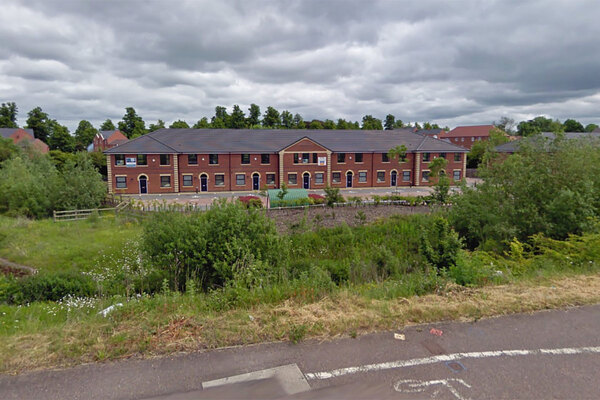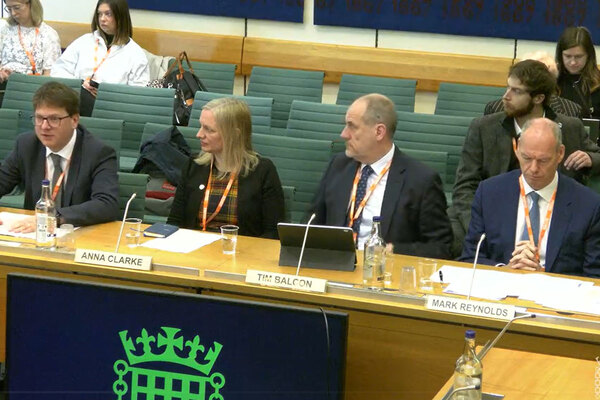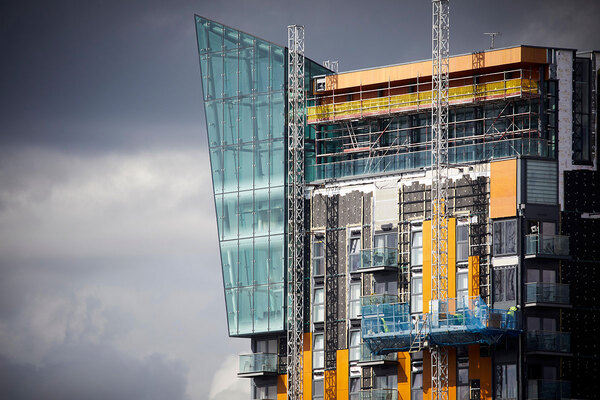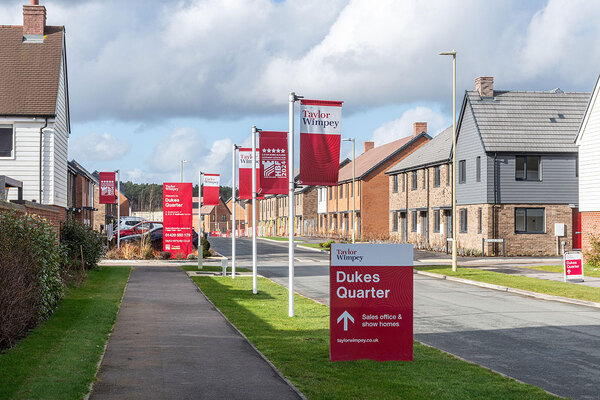British Standards Institution withdraws fire safety guidance after legal threat from Grenfell bereaved
The British Standards Institution (BSI) has withdrawn its new guidance on fire risk assessments after a bereaved Grenfell family threatened legal action, saying it ignored critical inquiry recommendations relating to people with disabilities.
The family of Sakina Afrasehabi, a disabled woman housed on the 18th floor of Grenfell Tower, who died in the fire with her sister Fatemeh, threatened to judicially review the BSI, the UK’s national standards body, in February.
They were arguing that its new guidance on carrying out fire risk assessments ignored the clear recommendation of the Grenfell Tower Inquiry that people with disabilities should be offered evacuation plans.
Yesterday, in a letter seen by Inside Housing, the BSI wrote to the family’s lawyers to say the guidance – dubbed PAS 79-2 – would be withdrawn from sale “pending further consideration”.
The guidance had said it was “not normally practicable” for fire risk assessments to identify people with disabilities or for landlords to make provision for their evacuation in a fire.
While it noted that risk assessors would need to “monitor the progress of any new legislation” emerging from the Grenfell Tower Inquiry, it added that it had traditionally been seen as “wholly unrealistic” for housing providers to prepare plans for the escape of residents with disabilities.
But this flew in direct contrast to the recommendations of the Grenfell Tower Inquiry’s phase one report, published in October 2019, which said housing providers should be subject to a “legal requirement” to develop personal emergency evacuation plans (PEEPs) for all disabled residents of high rises.
The PAS 79-2 guidance was authored by Colin Todd, who also acted as an expert witness to the Grenfell Tower Inquiry and was the only one of four to give an opinion on the provisions of PEEPs to advocate against them.
The others – fire engineer Dr Barbara Lane and professors Ed Galea and Jose Torero – unanimously advocated the adoption of PEEPs. Dr Lane called the absence of any requirement for them in existing guidance “unacceptable” and “a substantial breach of the functional requirements for means of escape”.
A letter to the BSI drafted by the family’s lawyers, Bhatt Murphy, said it was “evident” that inquiry chair Sir Martin Moore-Bick “rejected this evidence from Mr Todd in favour of the evidence of the other inquiry experts”.
They said that the subsequent publication of a standard contradicting the inquiry position was “unlawful” as it represented “an unjustified departure from the Grenfell Tower Inquiry recommendations”, which the government has on several occasions promised to adopt.
In a further letter they called the guidance “significantly regressive” in comparison to an earlier standard and said it “conflicts with every other current guidance document” in advising against the identification of people with disabilities.
In its reply the BSI said: “In particular, we are conscious that information continues to emerge from the Grenfell Tower Inquiry and the government’s response to it. BSI wishes to ensure that the PAS 79-2 steering group can benefit from consideration of those recent developments and emerging information, and has an adequate opportunity to take them into account.”
The withdrawal of the guidance follows the Home Office relaunching a consultation on PEEPs, having originally proposed to implement them only for blocks with dangerous cladding.
This was also following a threat of judicial review from Ms Afrasehabi’s family, with documents disclosed during the process showing that industry figures had lobbied against the proposal, calling it “totally impracticable”.
The government is now rerunning a fresh consultation on the issue.
Many of the 72 victims of the Grenfell Tower fire were people with disabilities, who were unable to escape the fire.
A spokesperson for the BSI said: “BSI, in its role as the UK National Standards Body, is temporarily suspending PAS 79-2: 2020 Fire risk assessment, Housing, Code of practice and has removed it from sale. The suspension of the voluntary code of practice is pending a further review by the steering group, which is made up of experts in fire safety, fire risk assessment and the housing sector.
“As new information emerges from the Grenfell Tower Inquiry and the government’s response to it, BSI wishes the Steering Group to consider these and have the opportunity to take them into account before reaching consensus on the guidance and recommendations in the code. BSI would like the Steering Group to re-visit points raised during the public consultation relevant to persons with a disability and intends to further consult with experts in this field.”
Mr Todd did not respond to a request for comment.
Update at 11am on 5.3.2021:
A previous version of this story incorrectly stated that Dr Lane was working with the government on its new consultation. This has been removed.
